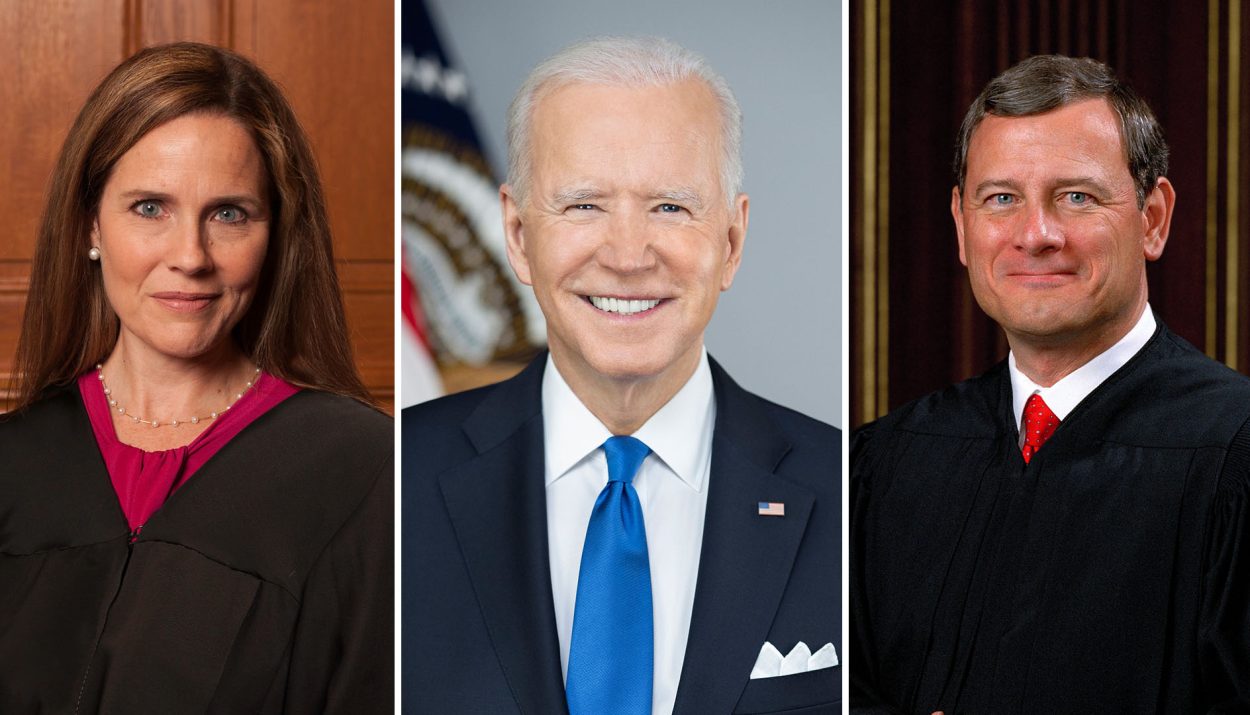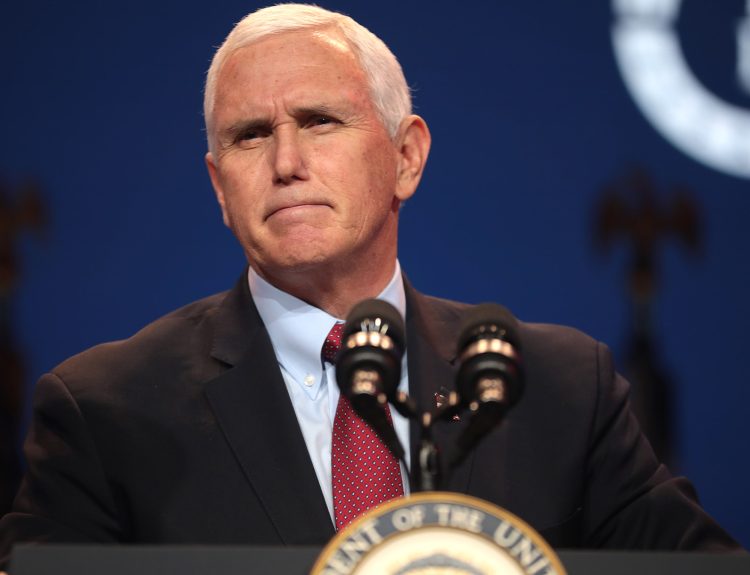In a recent decision, the Supreme Court sided with the Biden administration in an ongoing dispute over funding for the border wall. The ruling allows the administration to block further wall construction along the southern border using funds originally allocated for military projects during the prior administration.
This decision has significant implications for immigration policy and the separation of powers between the executive and legislative branches. It remains to be seen what the long-term outcome of this ruling will be as both parties navigate the complex politics surrounding immigration reform and border security.
The Removal of The Razor Wire
The wire removal dispute is one of several clashes between the Biden administration and Abbott, who has sought to assert more control over border enforcement in the face of what he calls the administration’s “open border policies.” The Biden administration has accused Abbott’s security initiative of interfering with federal authority and endangering migrants.
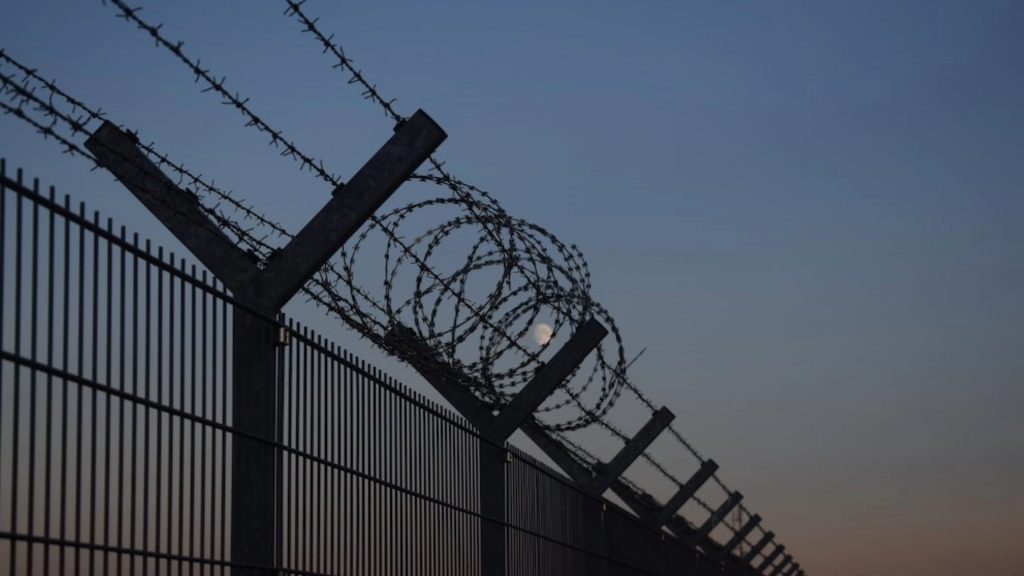
This ruling affirmed the long-established principle that the federal government has broad authority over immigration enforcement at U.S. borders. Though divided, the court sent a strong signal that unilateral state efforts to restrict or control federal government operations will face significant legal hurdles.
Complex Background of the Ongoing Border Policy Dispute and the Role of Razor Wire Deployment
The ongoing dispute over border security and immigration policy between the Biden administration and Texas Governor Greg Abbott has a long and complex background. In 2021, Governor Abbott deployed National Guard troops and state resources to increase security along Texas’ border with Mexico, including installing miles of razor wire fencing.
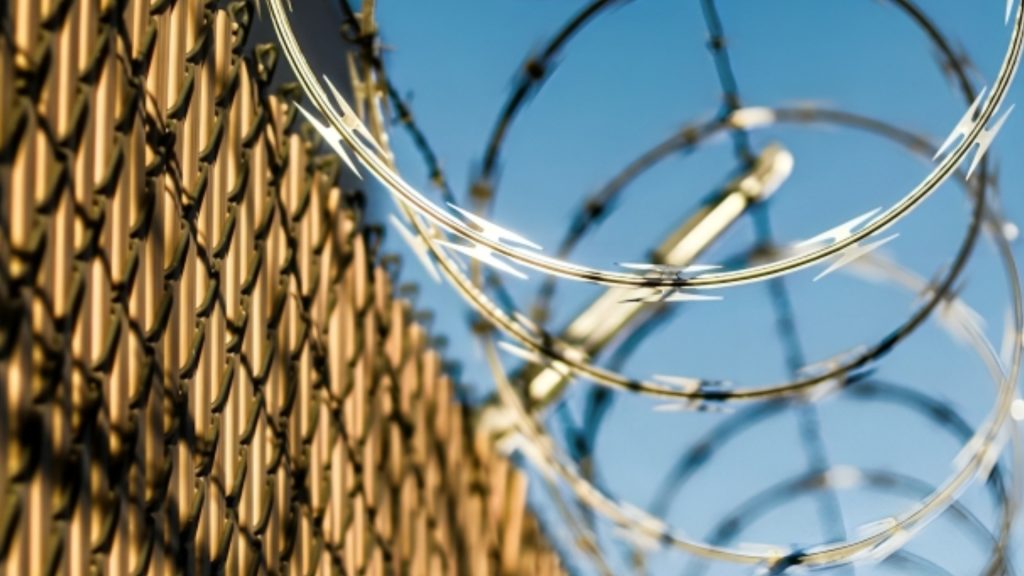
The Biden administration argued that controlling the border is a federal responsibility, not a state one, and that the razor wire was interfering with their ability to patrol the border and address humanitarian issues.
Supreme Court’s Landmark 5-4 Vote
The Supreme Court voted 5-4 to allow the Biden administration to remove razor wire installed along sections of the U.S.-Mexico border by Texas officials. The razor wire was intended to deter migrants from crossing into the U.S. illegally. However, the Biden administration argued that the wire was interfering with federal agents’ ability to patrol the border and address humanitarian issues.
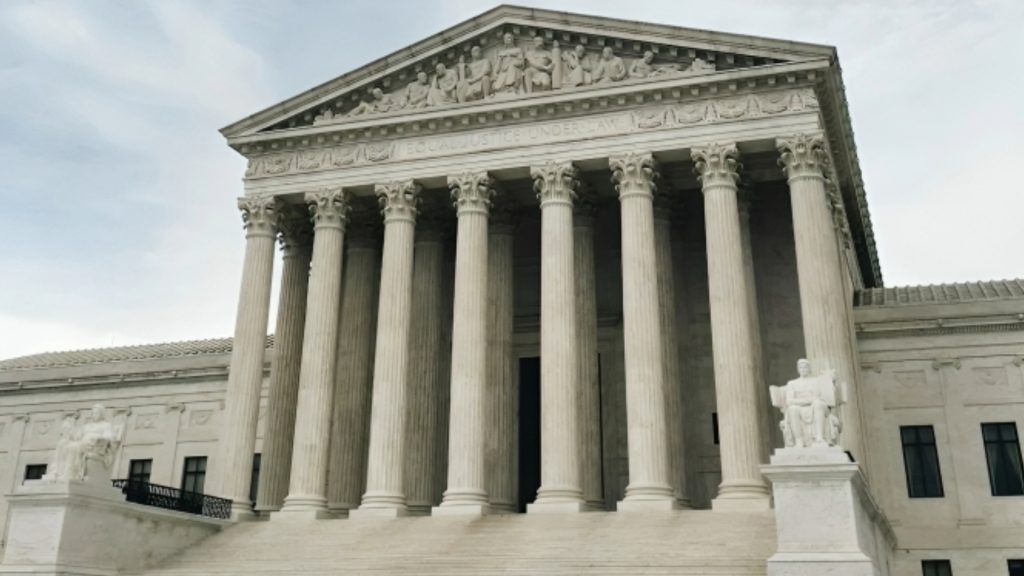
In a victory for the Biden administration, Chief Justice John Roberts and Justice Amy Coney Barrett joined the three liberal justices in the majority. The four conservative justices dissented, arguing that the lower court’s injunction should have remained in place. The decision highlights the ongoing dispute between the Biden administration and Texas Governor Greg Abbott over border security policy.
Navigating Legal Labyrinths: Examining the Series of Legal Proceedings and Injunctions
The Biden administration’s efforts to address issues at the U.S.-Mexico border have been embroiled in a series of complex legal battles. In 2023, Texas filed a lawsuit to prevent Border Patrol agents from removing razor wire the state had installed along the Rio Grande. While a federal district court initially sided with Texas, the Biden administration appealed the ruling.

A panel of the 5th U.S. Circuit Court of Appeals granted Texas’s request for an injunction pending appeal in January 2024, prohibiting the removal of the razor wire. The administration then petitioned the Supreme Court to vacate the injunction, arguing that it prevented federal agents from fulfilling their duties and addressing humanitarian crises.
Justices’ Individual Stances Analyzed
The Supreme Court ruling allowed the Biden administration to remove razor wire installed by Texas along the U.S.-Mexico border. The 5-4 decision saw Chief Justice John Roberts and Justice Amy Coney Barrett side with the liberal justices to grant the federal government’s request.
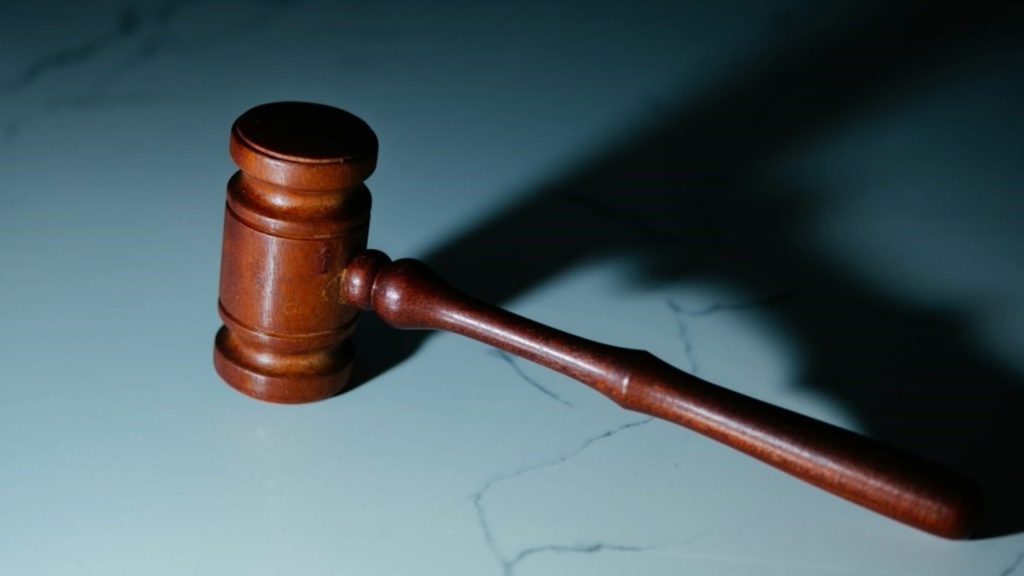
Justice Clarence Thomas dissented, arguing that the court should have denied the administration’s petition. Justice Neil Gorsuch also dissented, asserting that the administration had not established its entitlement to the “extraordinary remedy” of emergency relief. Justice Brett Kavanaugh joined Justice Gorsuch’s dissent.
Reactions from Key Stakeholders
The Supreme Court’s decision allowing Border Patrol agents to remove razor wire along sections of the U.S.-Mexico border elicited mixed reactions from key stakeholders. The Biden administration praised the ruling, claiming Texas had hampered the federal government’s ability to enforce immigration laws and address humanitarian crises.
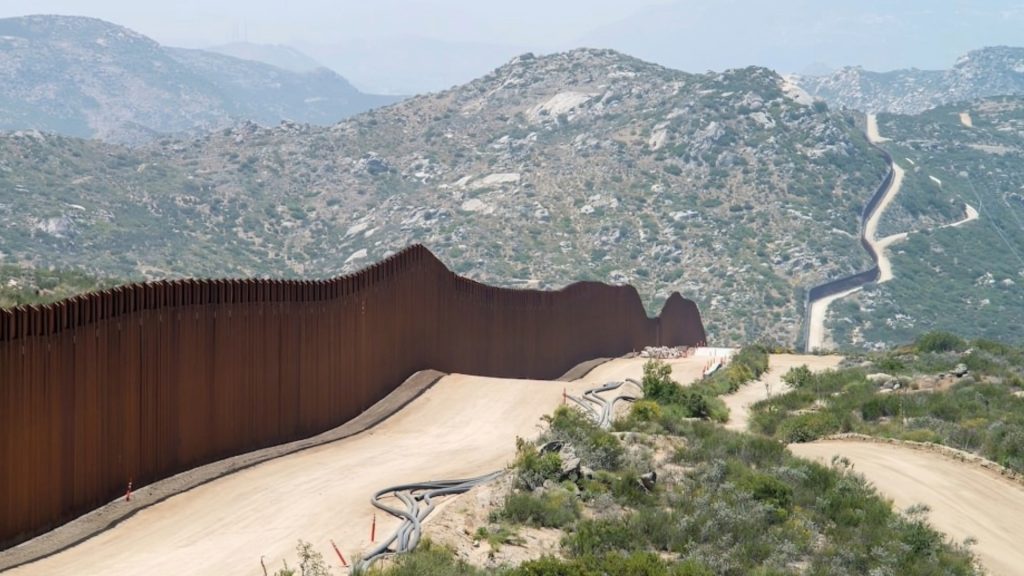
“Enforcement of immigration law is a federal responsibility,” a DHS spokesperson said. “Rather than helping to reduce irregular migration, the State of Texas has only made it harder for frontline personnel to do their jobs.” Solicitor General Elizabeth Prelogar argued Texas’ position would allow states to “impede the federal government’s exercise of its authority.”
Concerns Raised and Future Implications
The Supreme Court’s decision to allow the Biden administration to remove razor wire along sections of the U.S.-Mexico border raises concerns about states’ authority in security matters within their borders. However, proponents argue the federal government maintains jurisdiction over immigration enforcement.
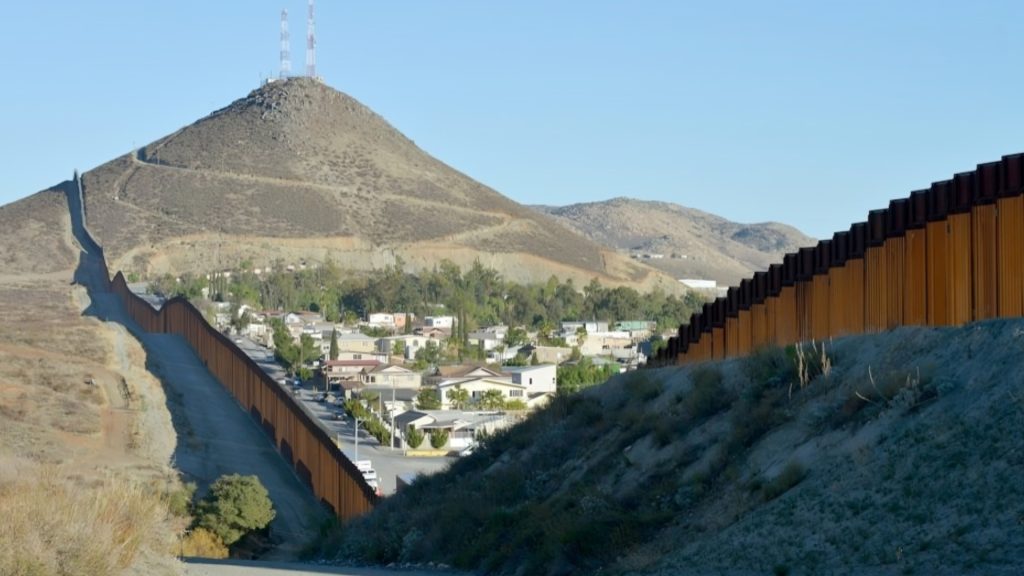
The ruling permits the Department of Homeland Security to access areas along the Rio Grande that had been blocked by Texas Governor Greg Abbott’s security initiative. According to court documents, the DHS argued that the state was impeding its ability to carry out its responsibilities and properly secure the border.
Public Response and Social Impact Following the Supreme Court’s Decision
Pro-immigration organizations praised the court for affirming the federal government’s jurisdiction over border policy. “The Supreme Court was right to end Texas’s unconstitutional interference with federal border operations,” said the director of a nonprofit immigrant rights coalition.
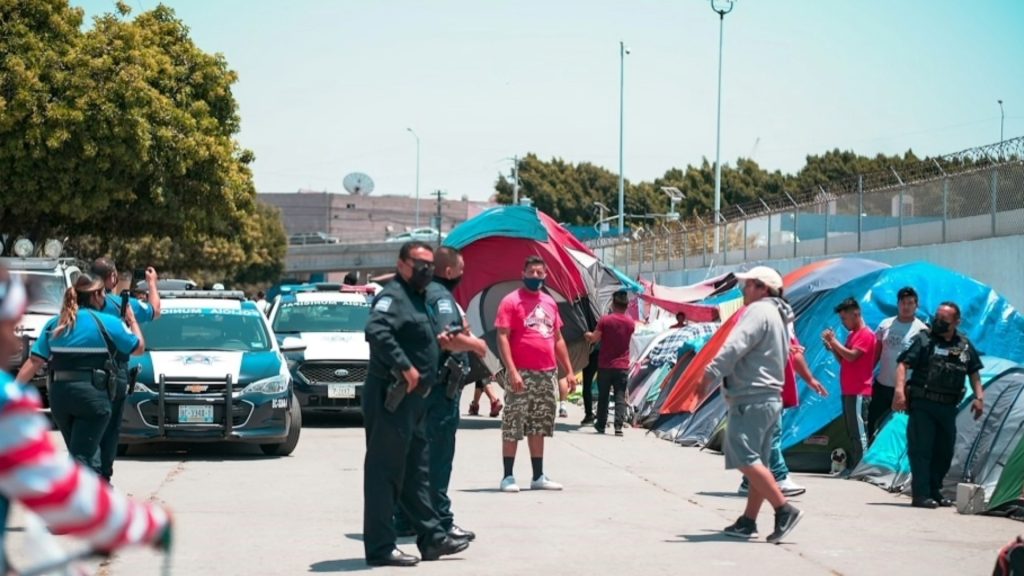
“The Biden administration should now act quickly to ensure humane treatment of all migrants and asylum seekers.” However, others worried the removal of barriers will encourage illegal border crossings. The governor of Texas said the absence of deterrents like razor wire “invites migrants to make unsafe and unlawful crossings.”
Ongoing Legal Battle and Future Steps
While the Biden administration welcomed the court’s ruling, arguing that enforcing immigration laws is a federal responsibility, Texas officials expressed disappointment. Texas Attorney General Ken Paxton contended that the absence of deterrents like razor wire encourages unsafe and unlawful border crossings.

Governor Abbott is likely to continue opposing the Biden administration’s border policies through legal challenges and other actions. The appeals court that initially sided with Texas had argued that the removal of the razor wire damaged state property, but Solicitor General Elizabeth Prelogar countered that the injunction prevented federal agents from fulfilling their duties and addressing humanitarian crises.
Broader Immigration Policy Context
The Biden administration has called on Congress to pass comprehensive immigration reform to address issues at the southern border. The White House spokesman said the administration was pleased with the Supreme Court’s decision, which allows “frontline personnel to perform vital federal functions.”
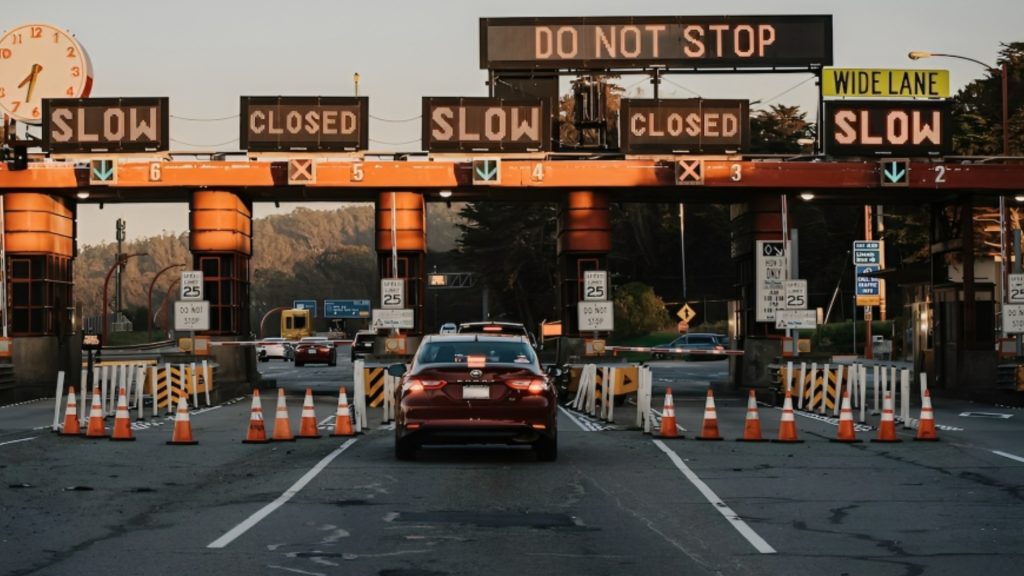
The Department of Homeland Security also welcomed the ruling, stating “enforcement of immigration law is a federal responsibility.” Texas officials argued that removing the razor wire would undermine border security and allow more migrants to cross illegally.

